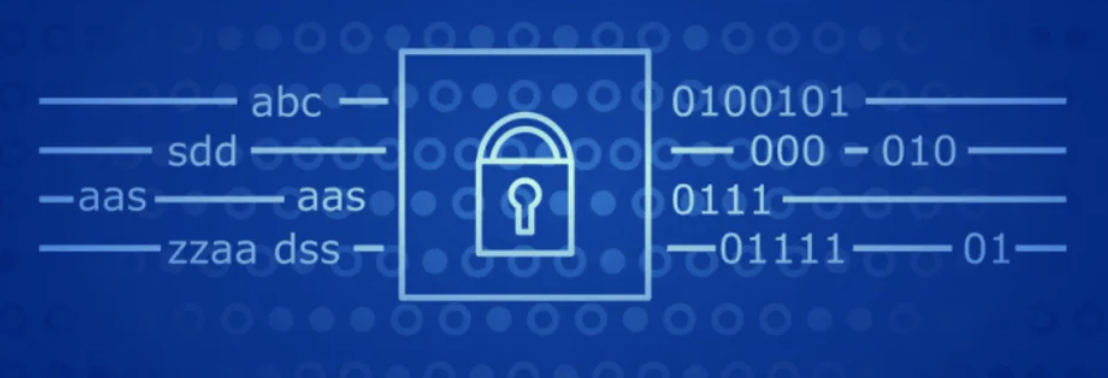Encryption And Other Terms
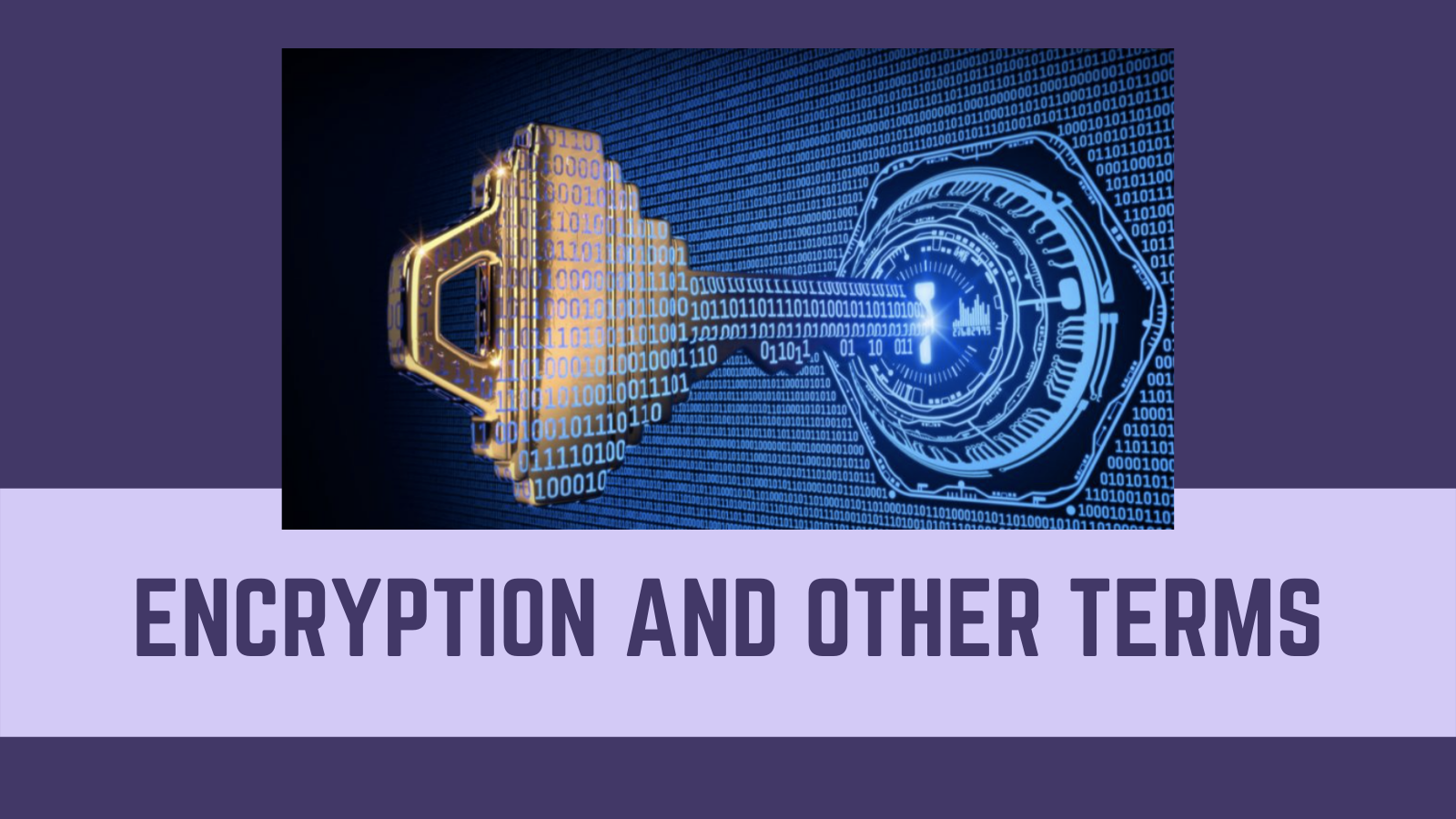
Are you curious about encryption? Encryption is effective and important to one's privacy, but it's not as simple as some may think. Our website uses lots of terms that some individuals may not be familiar with—but we're here to help you understand them.
Encryption
A process that involves converting data and information into a code, intended to prevent access from outside (or illegitimate) users. When your data is encrypted, the content is jumbled and impossible to read. You'll need a decryption key to be able to read the data again.

Decryption
The reverse process of encryption. Decryption decodes the data that was once encrypted by using a password, a security code, a security question, or something else to identify the true user, then unjumble the letters so that the data is readable.

Encryption Key
An encryption key is used in an encryption algorithm to jumble data around, but in a pattern that can be unjumbled later.
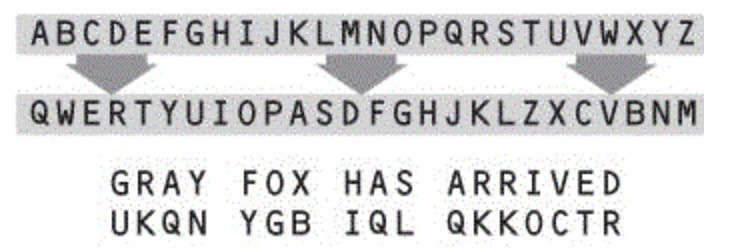
PBKDF2
This is a technique that uses complicated algorithms to create encryption keys. We use complicated algorithms for the keys to make it harder for hackers to crack the key.
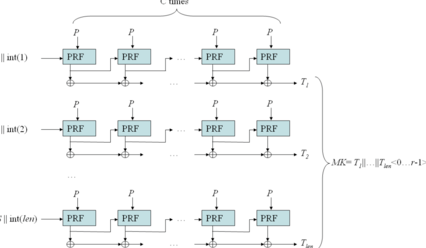
AES
Advanced Encryption Standard is a global standard on how to encrypt data. It uses a key to encrypt and decrypt your information. You'll often see "AES" accompanied by a number such as "AES256". The number signifies the key size, and the larger the number the more complicated the key.
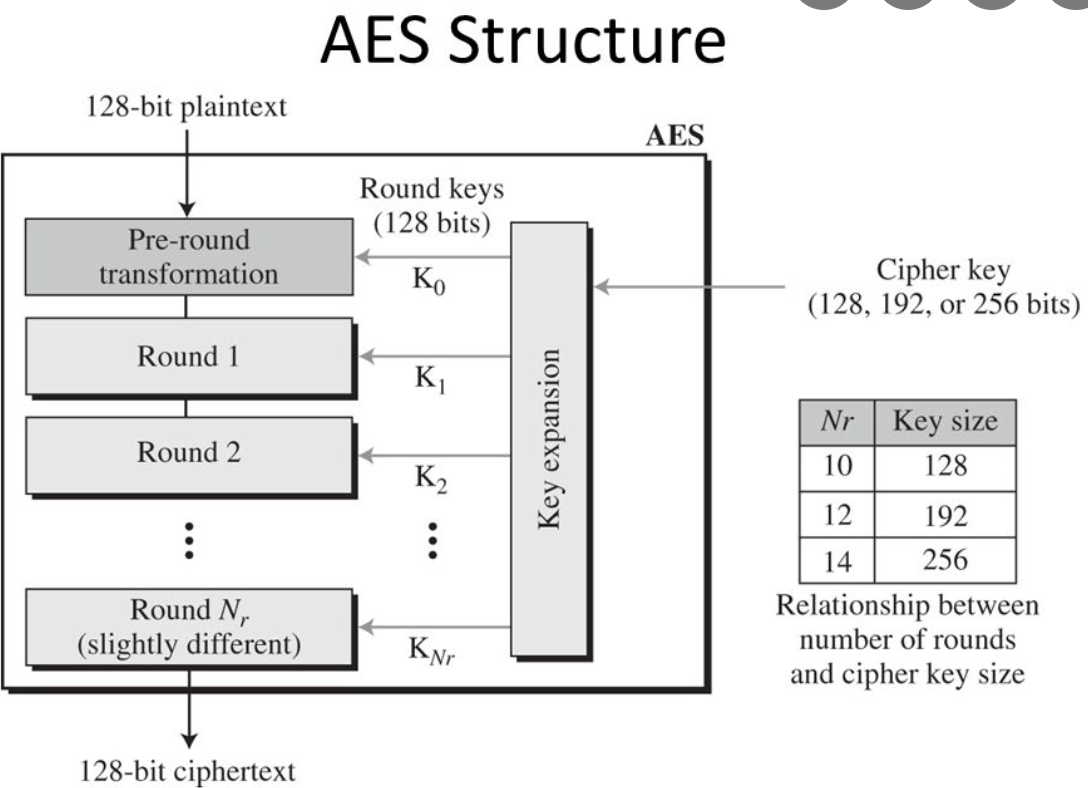
SSL
SSL (Secure Sockets Layer) is the standard technology for keeping an internet connection secure and protecting data that is sent between two systems.

TLS
TLS (Transport Layer Security) is a newer and more advanced version of SSL.
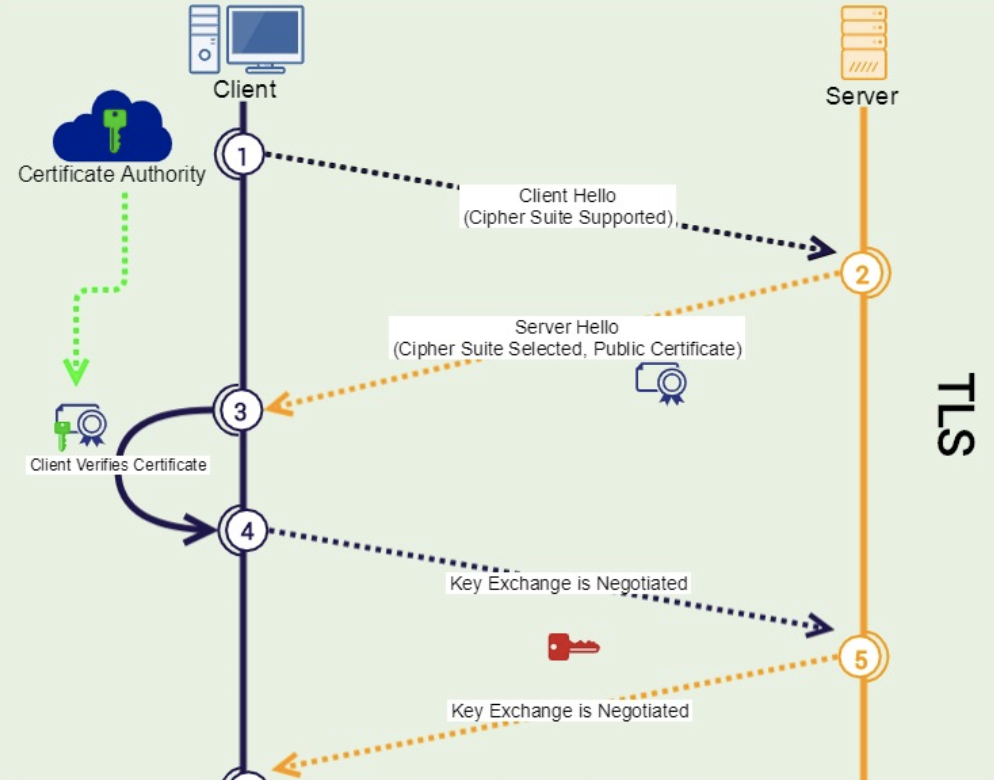
Cryptography
The protecting of information through codes. Cryptography is intended to protect ones data, preventing any potential hacking.
